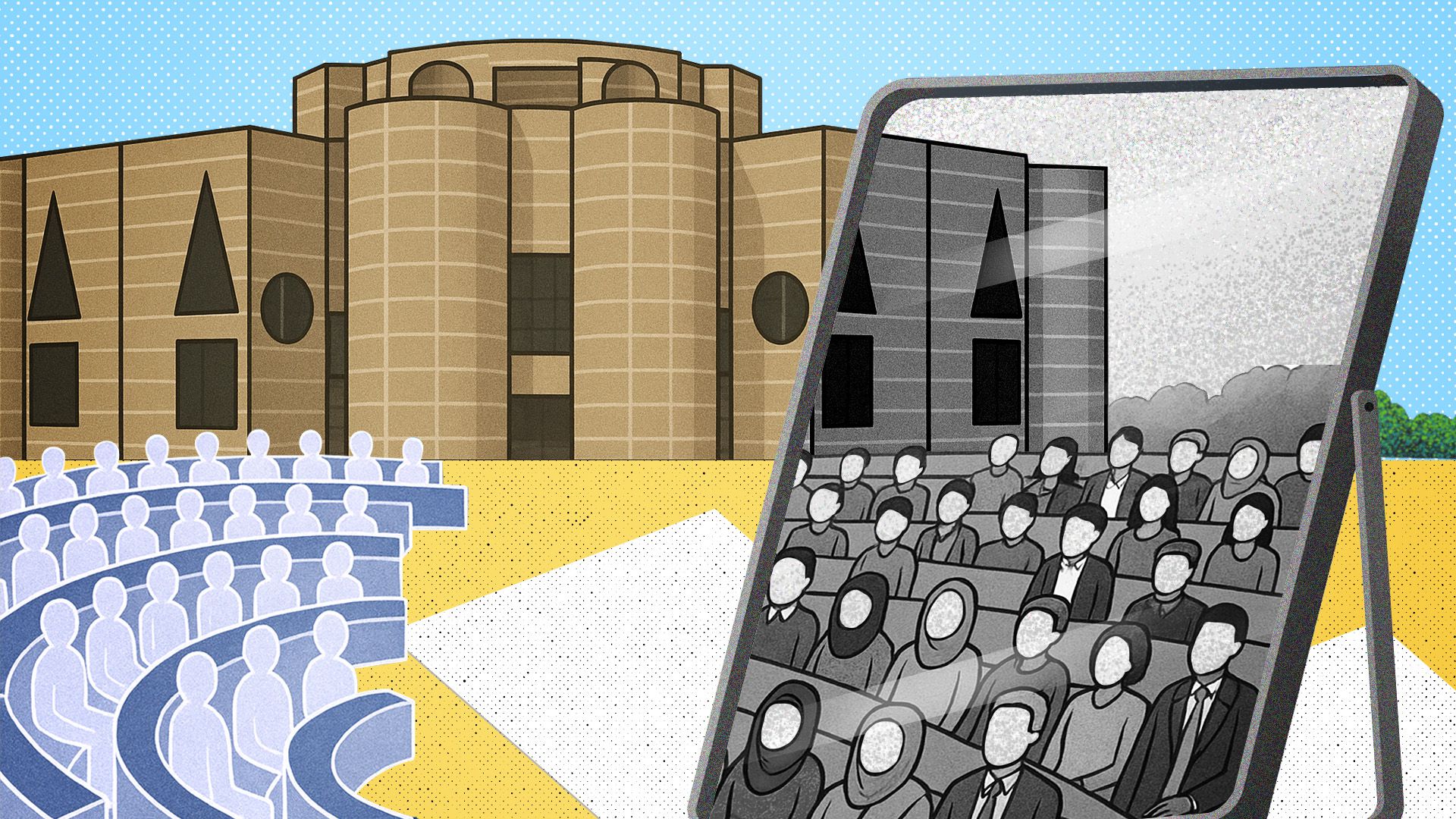We must never again allow freedom to be lost

As we celebrate the first anniversary of the July uprising, we must remember the spirit and the sacrifice that led to this historic event. To strengthen our newfound freedom and to solidify our onward march, we must remain ever vigilant and nip in the bud any attempt to insinuate a family-based dynasty, once and for all.
The nation is now bracing for some interesting developments in the nation-building process, one that was derailed during the last two decades. Our march towards democracy has been repeatedly thwarted by our elected representatives, most notably in 1974-75, 2005-06, and following the 2014 elections. In Bangladesh, elections bring up good memories and some bad ones. Our history books need to remind the new generation that after we gained independence, only four of Bangladesh's 12 elections have been considered to be "free and fair". The rest have frequently been mired in violence, protests, and allegations of vote rigging.
Is the country ready for elections, and another trial with an elected government? Social media is awash with appeals to the interim government (IG) and especially to Prof Yunus to stay longer. Thus wrote Prof Adil Khan of the University of Queensland, Brisbane, Australia, in "Bangladesh: Then and Now" (South Asia Journal, May 7, 2025). Prof Khan is cautious, though, and adds that this view emanates from "the personal accounts of people who report that these days they encounter fewer hassles to get jobs such as those relating to the issuance of passports, land registration works, etc, done, which until recently were unthinkable."
I have also heard that the younger generation is disengaged from the political process. The results of a national survey conducted by SANEM earlier in May this year were published last week. SANEM Executive Director Selim Raihan said that this survey aimed to capture the perspectives of young people aged 15-35 and came to the conclusion that 83 percent of the youth show no interest in politics.
Our thought leaders need to ask: why this disinterest? It is also tempting to ask: can we not ask the IG to stay longer? Have we lost faith in the current crop of political leaders and the political system?
In this context, I read with interest an op-ed published in this newspaper written by Bobby Hajjaj. He alluded to a mood of disenchantment, a summer of discontent, and painted a picture of doom and gloom. His disillusionment is probably triggered by the ongoing round of discussions on the various consensus-building efforts and the electoral process.
However, there is no reason to be disheartened by the "slow" progress of reforms and the jockeying for power. We have achieved some important goals. To mention a few: "The mass upheaval toppled the (Hasina) regime and untangled Bangladesh from the shackles of an external entity's hegemonic control of the country," as Adil Khan wrote. The efforts of the IG have placed a number of interesting ideas on the table: a term limit on the prime minister's position, the role of the caretaker government, proportional representation in parliament, and the creation of an appointments commission for constitutional/statutory bodies.
We can see the optimism among the intellectuals. In an interview aired on the BBC on July 9, Professor Mushtaq Khan of SOAS, University of London, who is in Bangladesh now, unequivocally expressed his sense of relief at the progress achieved in the last year in the realms of politics, economics, and press freedom. However, when asked to comment on a BBC documentary which aired a verified recording where the former prime minister can be heard ordering the police to shoot at young demonstrators on the street, Khan urged the IG to work on the criminal case as "a warning for the future that such acts cannot happen with impunity."
A puzzle that remains unsolved is why, even in this day and age, rulers use force to resolve any differences, either with their own citizens or with their neighbours. Why did the ruling party resort to killings, arrests, and torture to cling to power? In a paper entitled, "Might Unmakes Right: The Catastrophic Collapse of Norms Against the Use of Force", Yale Law School Professors Oona A Hathaway and Scott J Shapiro (Foreign Affairs, July/August 2025) conclude that often those wielding power feel that might is right and they can justify any use of force by bending the rule of law.
The nation must take a vow never again to allow the tragedy that befell us during last July and August. The "never again" creed signifies a moral obligation to learn from past tragedies, particularly the Holocaust and other genocides, and to actively work towards preventing similar atrocities and defending human dignity in the future.
At this juncture, the IG just needs to complete the reforms and ensure free and fair elections. The new PM has to keep the candle of freedom and reforms alight, and promise to fight tooth and nail to never let the culture of corruption that bedevilled the last few decades even raise its head.
Dr Abdullah Shibli is an economist and employed at a nonprofit financial intermediary in the US. He previously worked for the World Bank and Harvard University.
Views expressed in this article are the author's own.
Follow The Daily Star Opinion on Facebook for the latest opinions, commentaries and analyses by experts and professionals. To contribute your article or letter to The Daily Star Opinion, see our guidelines for submission.




 For all latest news, follow The Daily Star's Google News channel.
For all latest news, follow The Daily Star's Google News channel. 

Comments